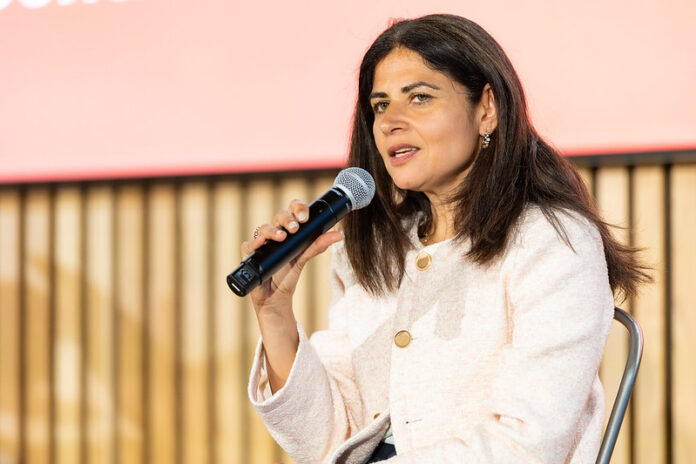European Venture Capitalist Sonali De Rycker on AI and Regulation
Europe is at a critical juncture in its pursuit of artificial intelligence (AI) innovation, according to Sonali De Rycker, a general partner at Accel and one of Europe’s most influential venture capitalists. De Rycker believes that Europe has all the necessary components to succeed in AI, including entrepreneurs, ambition, schools, capital, and talent. However, she argues that the continent’s complex regulatory landscape and the Artificial Intelligence Act could hinder its progress.
The Regulatory Landscape
De Rycker acknowledges that regulations are necessary, particularly in high-risk sectors such as healthcare and finance. Nevertheless, she is concerned that the AI Act’s broad scope and potentially stifling fines could discourage innovation and entrepreneurship. The Act imposes stringent rules on applications deemed "high risk," including credit scoring and medical imaging, which could have a chilling effect on early-stage experimentation.
Geopolitical Uncertainty
The current geopolitical climate, with the U.S. support for Europe’s defense and economic autonomy waning, has created an opportunity for Europe to become self-sufficient and sovereign. De Rycker believes that this moment is decisive for the EU and that it needs to unlock its full potential. She points to efforts like the "28th regime," a framework aimed at creating a single set of rules for businesses across the EU, as crucial to creating a more unified, startup-friendly region.
Unlocking Europe’s Potential
De Rycker argues that if Europe were truly a single region, it would unleash incredible power and would not be lagging behind in tech. Cities like Zurich, Munich, Paris, and London are starting to generate their own self-reinforcing ecosystems, thanks to top-tier academic institutions and a growing base of experienced founders. Accel, for its part, has invested in over 70 cities across Europe and Israel, giving De Rycker a front-row seat to the continent’s fragmented but flourishing tech landscape.
Investment Strategy
Accel’s strategy reflects the reality of the AI landscape in Europe. While the firm hasn’t backed any of the major foundational AI model companies, it has focused on the application layer. De Rycker believes that this is where the real innovation is happening, and companies like Synthesia and Speak are examples of how AI can create entirely new behaviors and business models.
A Supercycle of Innovation
De Rycker sees this moment as both a challenge and a once-in-a-generation opportunity. If Europe leans too heavily into regulation, it risks stifling the innovation that could help it compete globally. She believes that the continent is in a "supercycle" of innovation, with AI expanding total addressable markets at a rate never seen before. It feels like the early days of mobile, with companies like DoorDash and Uber creating brand new paradigms.
Conclusion
In conclusion, Sonali De Rycker is bullish about Europe’s prospects in AI, but she is wary of regulatory overreach that could hamstring its momentum. Europe has all the necessary components to succeed, but it needs to strike the right balance between regulation and innovation. With geopolitical uncertainty rising and the U.S. increasingly looking inward, Europe has little choice but to bet on itself. If it can unlock its full potential, De Rycker believes that it has everything it needs to lead in AI and across the entire tech spectrum. As she noted, "We’re in a supercycle, and these cycles don’t come often, and we can’t afford to be leashed."

